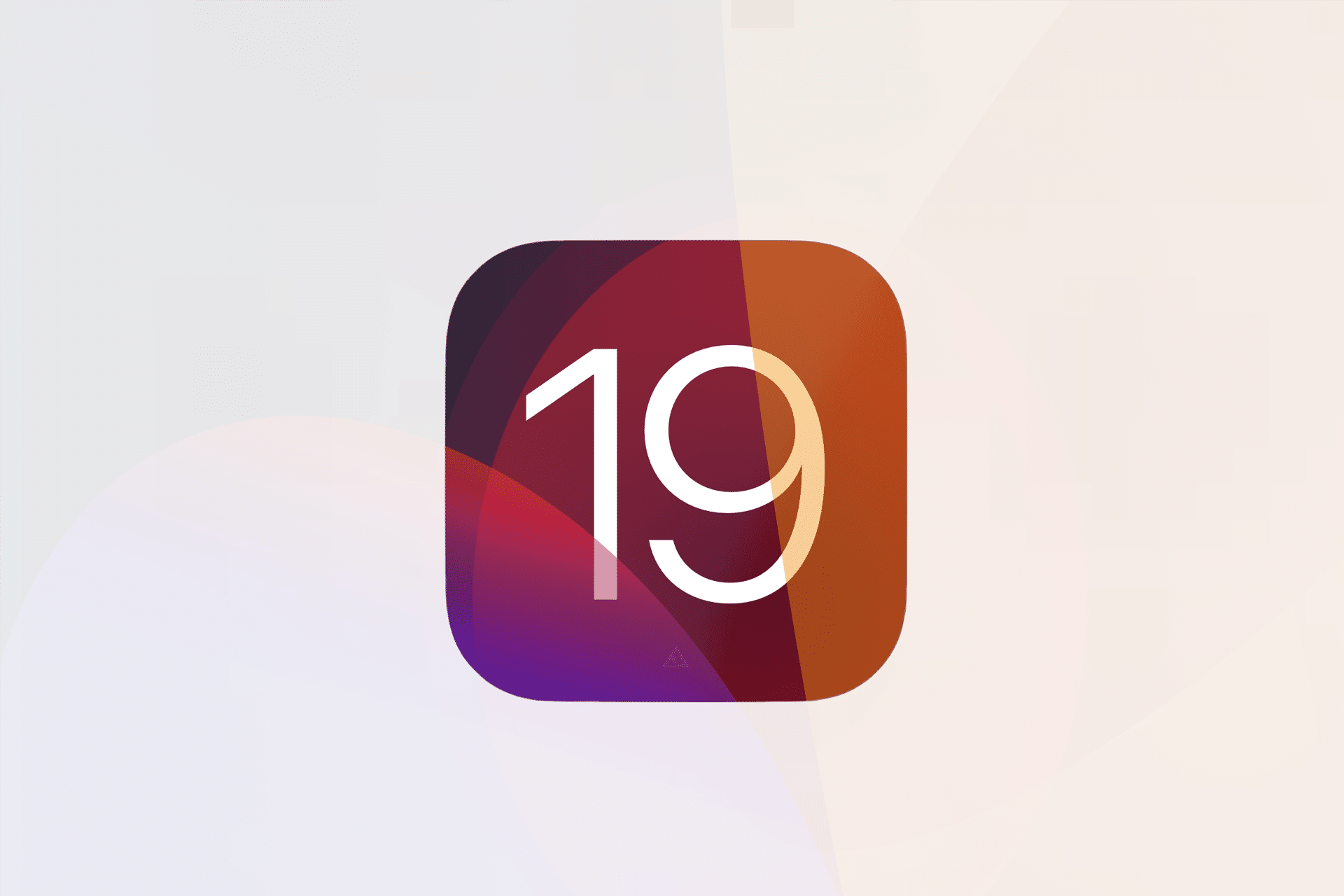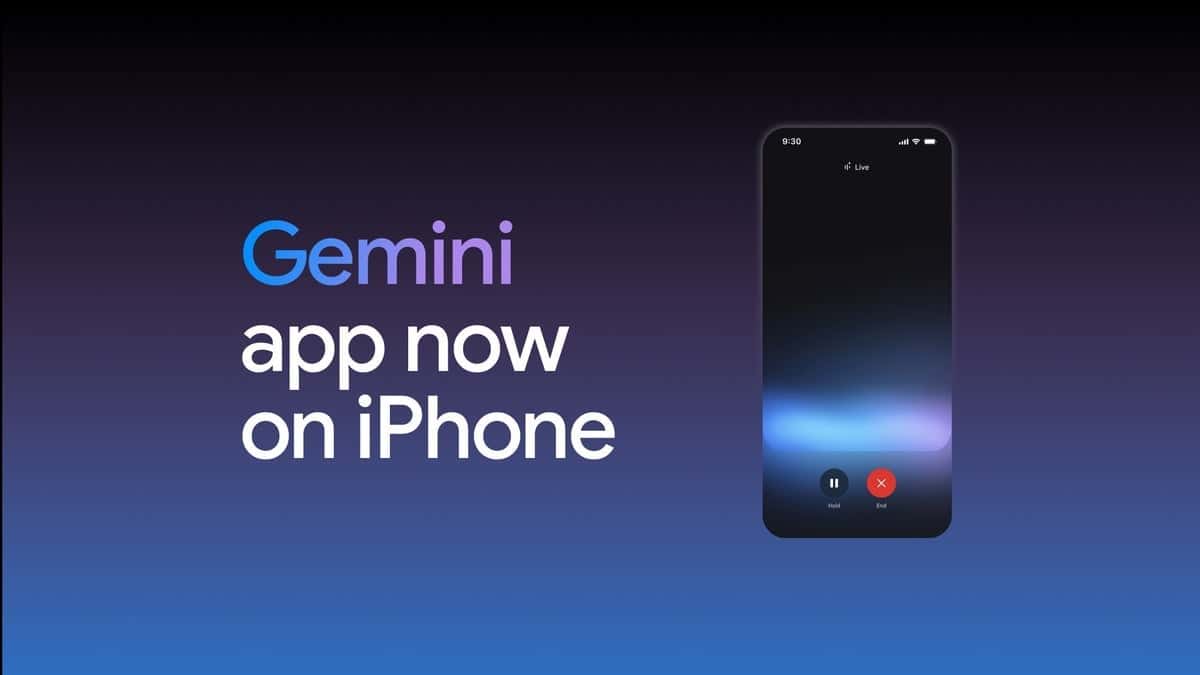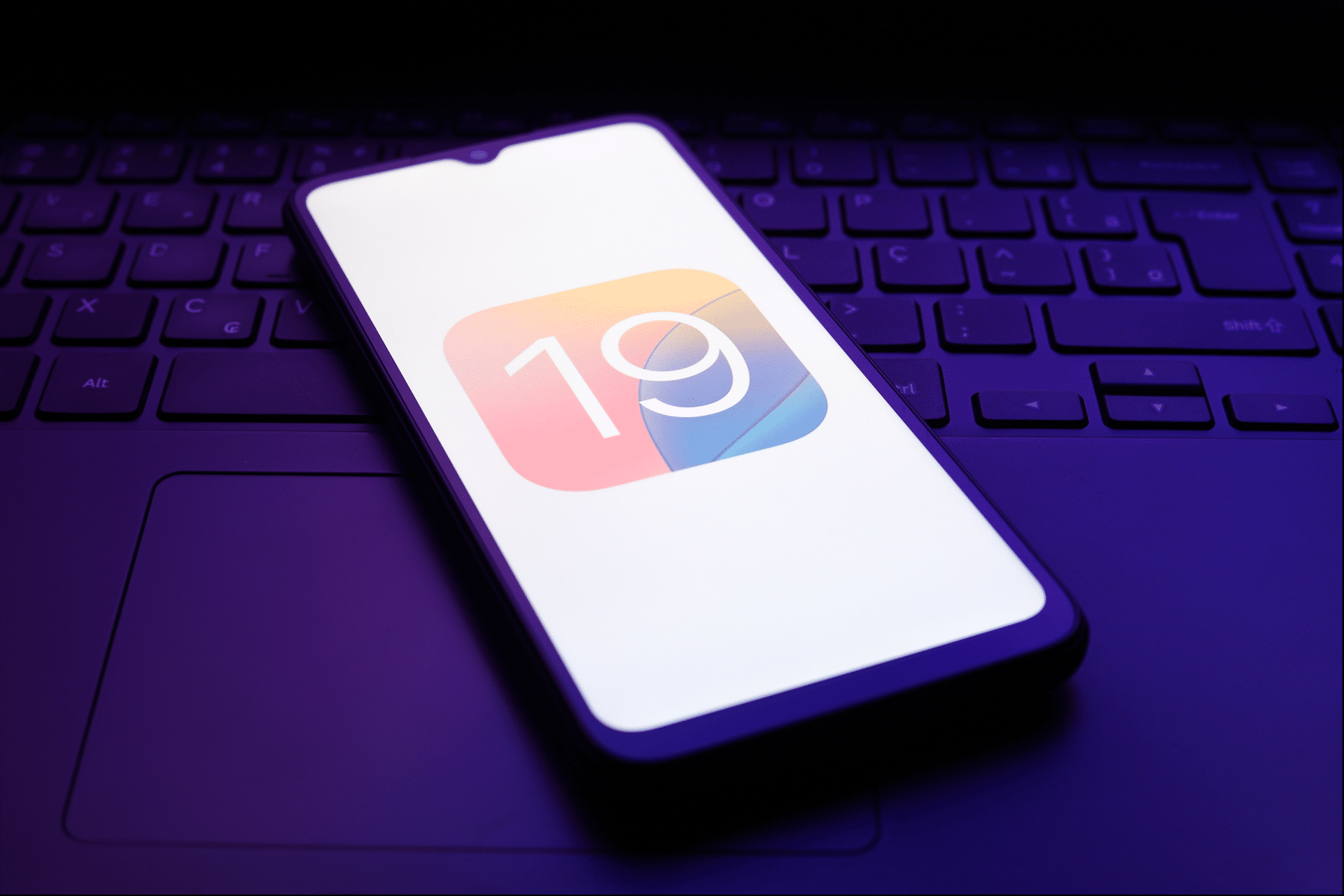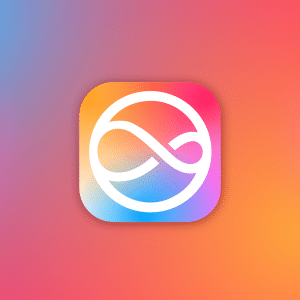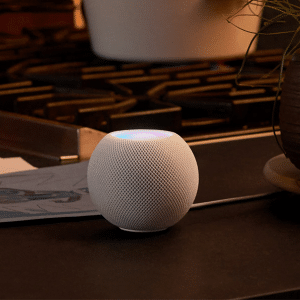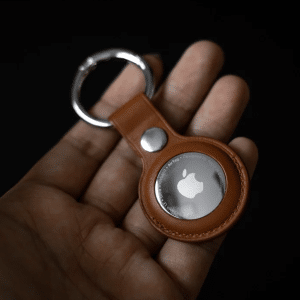Apple Intelligence, introduced in iOS 18, combines on-device processing with cloud-based capabilities, currently leveraging OpenAI’s ChatGPT for tasks like advanced Siri queries and writing assistance. The addition of third-party AI models in iOS 19 could expand these capabilities, enabling Siri to handle more complex tasks, such as suggesting calendar adjustments based on emails or summarizing documents with greater nuance. The Verge reports that Pichai’s discussions with Cook suggest Apple is negotiating with multiple AI providers, though specific partners beyond Google remain undisclosed.
This development follows Apple’s ongoing talks with Google to integrate Gemini, a family of AI models optimized for tasks like content summarization and code generation. Posts on X, including from @iPhone_News, reflect excitement about the potential for Gemini to enhance Siri’s conversational abilities. However, Apple’s privacy-first approach will likely limit third-party AI to opt-in, sandboxed integrations, ensuring user data remains secure.
What This Means for iPhone Users
For iPhone users, the inclusion of multiple AI models could transform daily interactions. Imagine asking Siri to analyze a lengthy email thread and propose a response, or to generate a custom workout plan based on your fitness app data. Gemini Nano, designed for mobile devices, could power on-device tasks like real-time text translation, while cloud-based models like Gemini Pro might handle heavier lifting, such as generating detailed reports. These upgrades promise smoother, more intuitive experiences, particularly for power users who rely on AI for productivity.
However, iOS 19 might restrict users to selecting one AI “extension” at a time to avoid system conflicts, as noted by 9to5Mac. This limitation could streamline performance but may frustrate users hoping for seamless multi-model integration. Additionally, not all iPhones will support these features—Apple Intelligence typically requires newer models like the iPhone 15 Pro or later, potentially leaving older devices out.
Apple’s Strategic AI Push
Apple’s decision to embrace third-party AI reflects a strategic shift to close the gap with competitors like Google and Microsoft, whose AI assistants have gained ground in recent years. Bloomberg reports that iOS 19 will also feature a major Siri overhaul, merging its legacy and advanced systems for faster, more reliable responses. This aligns with Apple’s broader goal of creating a unified AI architecture across its platforms, as evidenced by plans to bring Apple Intelligence to watchOS 12.
The company’s partnerships with OpenAI and potential deals with Google underscore its pragmatic approach: leveraging external expertise while maintaining control over privacy and user experience. TechCrunch notes that Apple’s on-device AI focus ensures core features remain fast and secure, with third-party models handling specialized tasks via the cloud. This hybrid model could set iOS 19 apart in a crowded AI landscape.
Challenges and Expectations
Integrating multiple AI models isn’t without challenges. Apple’s rushed iOS 18 rollout, which delayed key Siri features, highlights the complexity of merging new AI systems. Engineers faced “a rash of bugs,” per Bloomberg, and iOS 19’s success will hinge on smoother execution. Public sentiment on X, like posts from @UndercodeNews, shows enthusiasm but also impatience for tangible improvements.
With WWDC 2025 approaching, iOS 19 is shaping up as a pivotal update. While the full scope of third-party AI integrations remains unclear, Apple’s commitment to expanding Apple Intelligence promises a more powerful iPhone experience. Users can expect initial beta releases in June, with a public launch in September 2025, alongside the iPhone 17 lineup.
